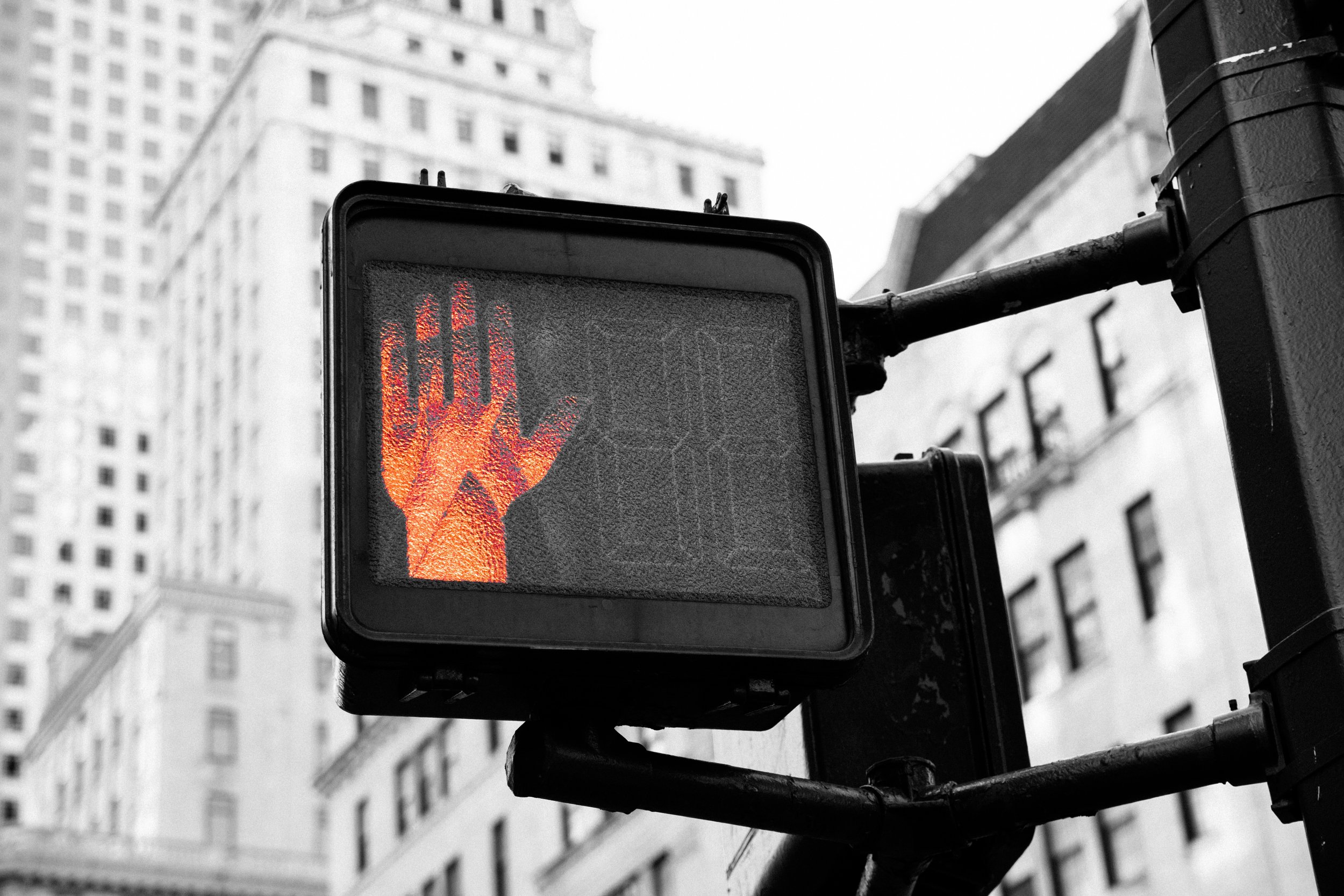Three words I won’t allow my clients to say
First, let me be clear: If you are my client, I will validate you all day long, and this is a safe space to think and say anything you want. I am your biggest proponent, and your feelings and viewpoints all make sense to me. Virtually nothing is off-limits.
Except!
There are three things that I will not allow you to say or believe about yourself. These three words don’t even exist in my world, and I won’t let them exist for you either! ¯\_(ツ)_/¯
They are made-up words with no actual meaning. At worst, they are damaging to your self-concept, and at best, they are unhelpful in your development.
NEEDY
So you’re saying that you have needs? Don’t we all?
Imagine for a moment if a parent were to call their child “needy.” Is that not super accurate? Doesn’t that child need things that the parent can provide? Why might the parent be calling that child needy in the first place?
The underlying message of calling someone “needy” is almost always: “I can’t provide you with what you are needing, wanting, or asking for (such as time, attention, affection, services, actions, etc), and it’s making me feel a little uneasy, so I’m going to alleviate my discomfort by projecting my feelings onto you.”
So in reality, the person who is calling someone else “needy” is actually in need of something. They need less requests from the “needy.”
Huh. It’s a little “needy” to call someone else needy, isn’t it?
DRAMATIC
This is a very subjective word. “Dramatic”… as opposed to what, exactly?
What determines how “dramatic” someone is being? Is it their behavior? Is it their tears? Are they displaying a - gasp - emotion??
Is it their words? Are they expressing their feelings aloud and/or trying to hold someone accountable for their behavior and how they made them feel?
Usually, if someone is consistently labeled “dramatic,” that’s an easy way for other people to compartmentalize the fact that the “dramatic” person is being affected by other people’s actions. Perhaps people who call others dramatic just don’t want to admit or see that their behavior is hurting this person. Perhaps they would just like to say, “This person is always causing drama.”
It’s true that someone who is constantly gossiping might actually cause some harm and conflict by “stirring the pot” or spreading information that is not meant for others to hear. This is a time when someone might be called "dramatic.” But we don’t really know the full story. Perhaps the “dramatic” person is in need of connection, and they connect by sharing things they know about people they know. Is there a more emotionally mature way to go about seeking connection? Sure! But how helpful is the label “dramatic” in this situation?
It might be more helpful to be more specific with your complaint about how this person is affecting you. In fact, I would suggest that people who call people dramatic might need to be a little more dramatic themselves!
Otherwise, unless someone is literally quoting Hamlet, “dramatic” is not an adjective I would use to describe anybody.
LAZY
This word simply doesn’t exist.
What is the metric for lazy? What does it mean?
Does it mean that you’re not doing something? We’re always not doing something. Think about it. Even if you’re sitting on the couch, not watering your garden or whatever behavior you’re deeming yourself “lazy” for avoiding, you’re still sitting on the couch. Yes, sitting on the couch takes less effort than gardening, but why does that mean that you’re lazy? As a full-on personality trait?
If you call yourself lazy, doesn’t that filter over into every other aspect of your life? Wouldn’t that mean that you’re lazy all the time? Like, “I’m just a lazy person. Give me a lasagna, a dog to bamboozle, and zero Mondays please, because I’m essentially Garfield in human form.”?
Nah! Nobody’s inherently lazy. You might be resting occasionally... And you probably need that rest! But even if you’ve rested all weekend and you’re still sitting on the couch, does that demand the title of “lazy?” Still no. You just need rest!
Why is resting a bad thing, deserving of a negative connotation? Let’s rebrand it. I’m just “BEING.”
BONUS: SENSITIVE
As in “too sensitive,” which is how most people mean it when they say it about someone else. Unless someone is literally saying, “Wow I love how sensitive you are,” or “My knee is sensitive right now because I banged it on the table earlier,” then this word has no adaptive place in a relational conversation.
“You’re so sensitive” is usually code for “I can’t handle how deeply you feel things,” or “Why can’t I say whatever I want without you having a feeling about it?” Again, just like “needy” and “dramatic,” someone calling you sensitive just shows that they feel differently than you and they don’t know how to show up for you.
Instead, they could say, “I see that that affected you more than I intended. How could I have said/done that differently?”
Bottom Line: Let’s all embrace our humanity and the humanity of others a little more. And in the meantime, let’s stop expressing ourselves through passive-aggressive communication styles such as name calling, and start expressing ourselves authentically.


